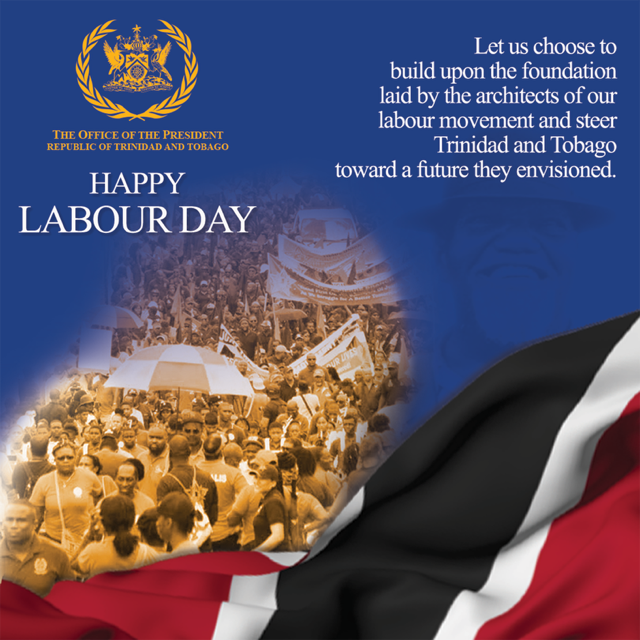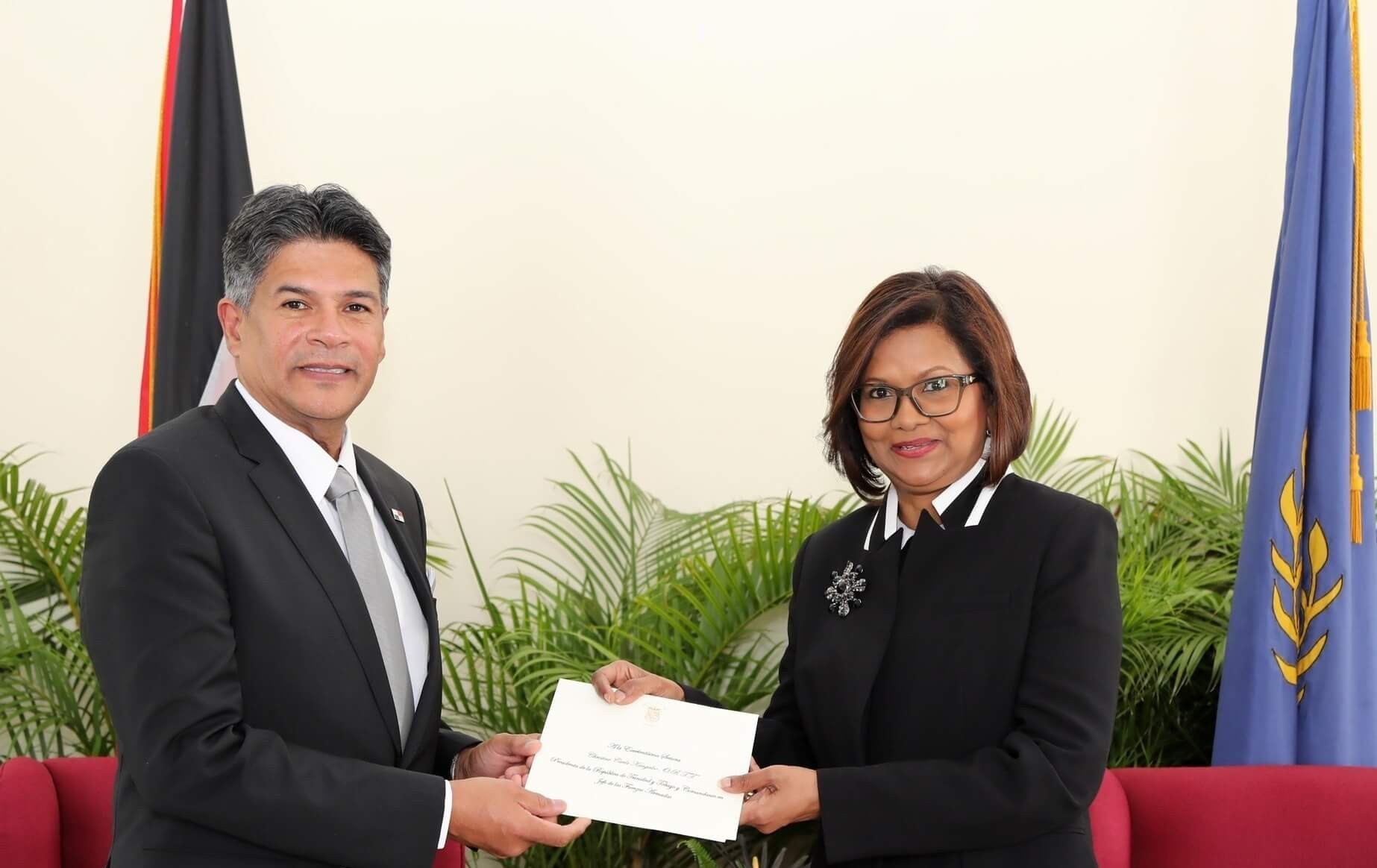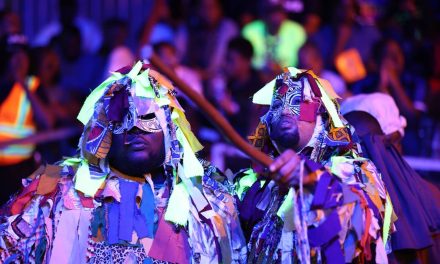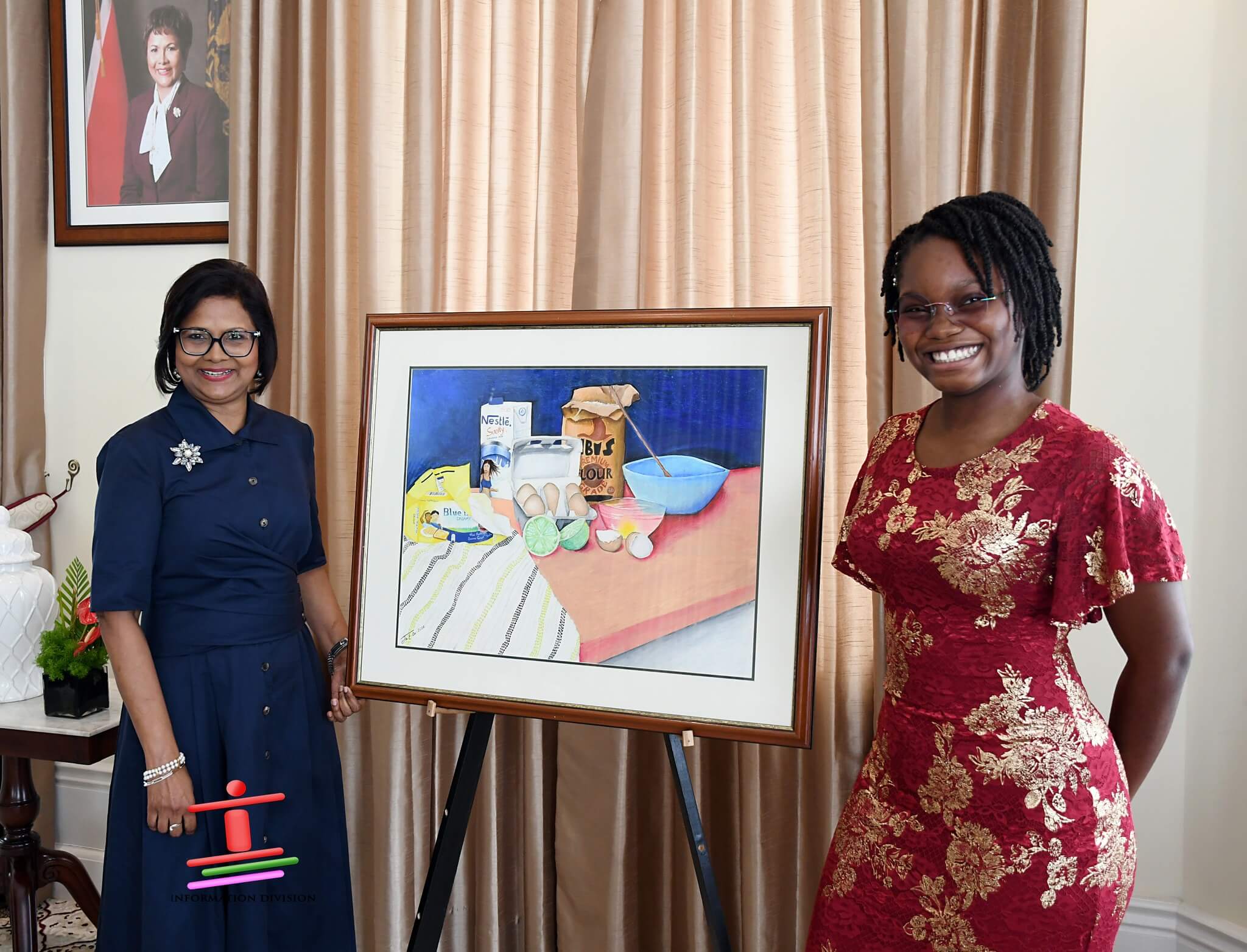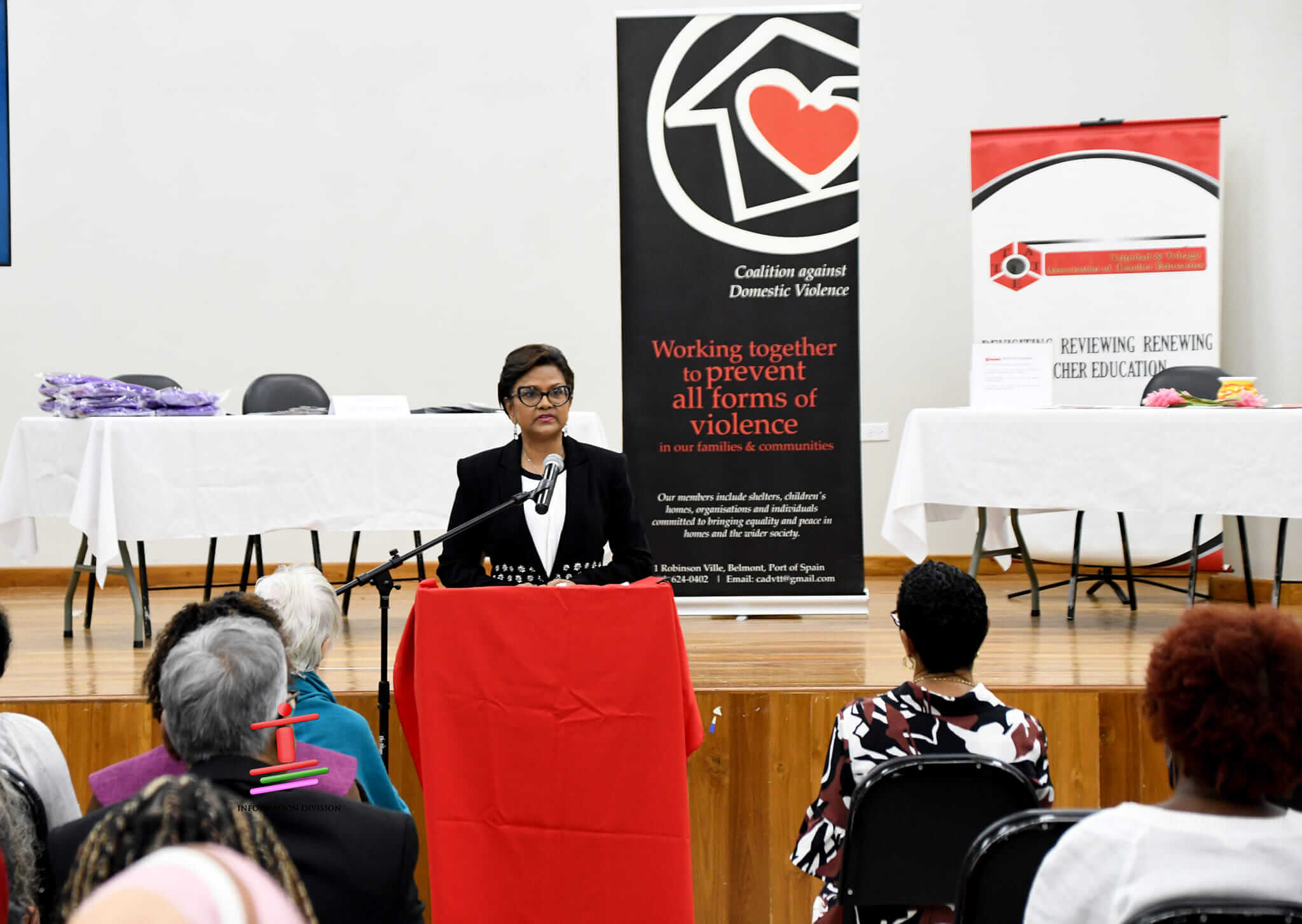88 years ago, the 1937 Butler Oilfield Riots galvanised the labour movement, upended the prevailing social order, and claimed labour’s rightful place as a vital force in the progress and development of our nation. On Labour Day, we commemorate that pivotal moment in our history and pay tribute to those whose relentless pursuit of fairness and justice for workers helped shape the course of labour relations in Trinidad and Tobago and across the region.
The names Uriah ‘Buzz’ Butler, Adrian Cola Rienzi, Andrew Arthur Cipriani and Albert Maria Gomes continue to resonate in the national memory as the heroes who challenged the status quo of unfair and unjust labour practices and helped usher in a new era of workers’ rights in Trinidad and Tobago. Their struggle was not only for better wages and safer working conditions, but also for justice, dignity and a better future for all. Many of the rights and protections enjoyed today are the hard-won fruits of their efforts and sacrifices.
Although much progress has been made over the last 88 years, many of the challenges that these brave pioneers confronted still persist, albeit in new and complex forms. The road from 1937 to today has been far from straightforward, marked by both successes and setbacks. Our nation has weathered economic recessions, overcome the devastating impact of the Covid-19 pandemic and now, must confront the rapid changes brought by technological advances. One such technological advancement is Artificial Intelligence (AI).
AI, a powerful and complex tool, appears to be ushering in what is being widely regarded as a veritable new industrial revolution. AI is already reshaping industries, transforming how businesses operate, and redefining the skills needed to succeed in the workplace. Like so many things, AI offers both heady possibilities and worrying challenges. On the one hand, AI has the potential to boost productivity, improve workplace safety, reduce human error and create entirely new sectors of employment. Properly managed, it can become a powerful driver of economic growth and development. But on the other hand, the real and valid concerns that AI presents, including fears of job displacement and growing concerns around ethics and data privacy, have also to be acknowledged and proactively addressed.
As Trinidad and Tobago steps into this new world, it is essential that skills development and investment in digital literacy and technical education are prioritised in order to ensure that no one is left behind in the transition to an AI-driven future. The reality is that cooperation and collaboration are no longer optional but are mandatory. I am heartened to see such progress taking place at the national level, with certain stakeholders engaging in constructive dialogue with the State. However, this spirit of partnership must permeate all sectors of the nation. A whole-of-society approach which brings together workers, employers, government and civil society alike is required if our nation is to harness the benefits of AI while protecting and empowering our workers to keep pace with the evolving realities of the world of work.
On Labour Day 2025, let us choose to build upon the foundation laid by the architects of our labour movement and steer Trinidad and Tobago toward the future that they envisioned. Let us place the national interest first and always, and commit to building a society in which we can all prosper and thrive. We must become our own heroes in this struggle. From among our ranks must rise up today’s Butlers, and Rienzis, and Ciprianis and Gomes. We must produce women and men who are able to blend their valour with the foresight and the imagination required to navigate today’s challenges. I have no doubt that in this bold, new endeavour, we will not be found wanting.
I wish the entire national community a safe, blessed and productive Labour Day.

